Cars are expensive, and many people actively avoid buying a new one where possible. Therefore, the alternative is to get a bang for your buck and ensure the car lasts as long as possible. Considering the impact of wear and tear on a vehicle, this is challenging, but there are ways to force a car to 200,000 miles and beyond.
Avoid Regular Short Trips

Of course, everyone who owns a car occasionally uses it for short trips. But if someone wants their vehicle to last past 200,000 miles, avoiding doing too many of them is best. Shorter trips aren’t good for a car because they cause the engine to never reach its optimal temperature, which hurts a vehicle’s lifespan.
Regularly Change the Oil
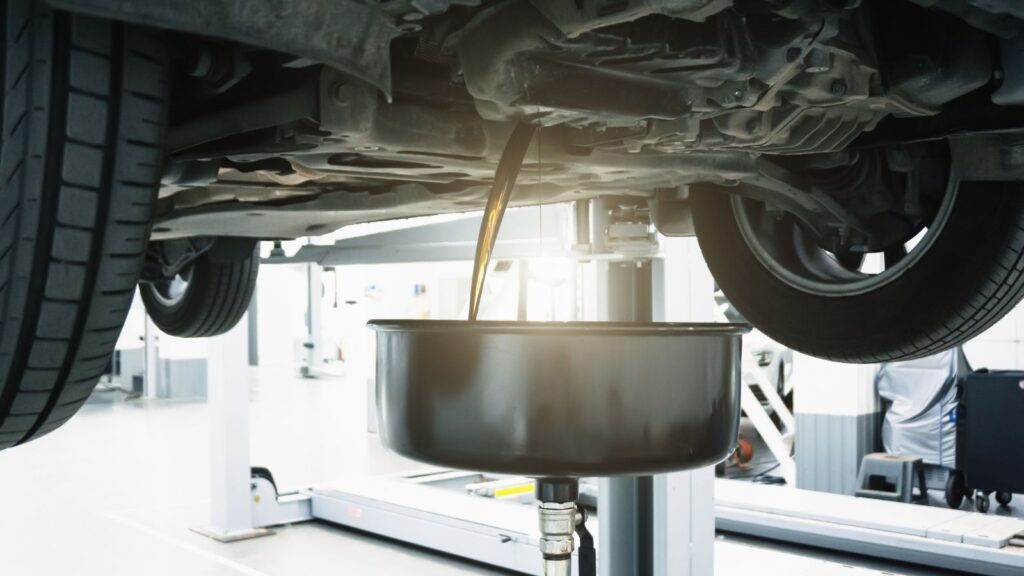
Many people put off oil changes until necessary, but that’s not the best way to treat a car. Putting in fresh oil regularly will give it the best possible chance of reaching the 200,000-mile mark. It’s essential for the car’s overall health, with consistent changes stopping the engine from wearing out as fast.
Buy a Reliable Car

This might seem obvious, but most people don’t put enough thought into it when purchasing their car. If people want their car to last and run over 200,000 miles, background checks on what brands are reliable and will provide the best long-term options are essential.
Replace the Brake Pads
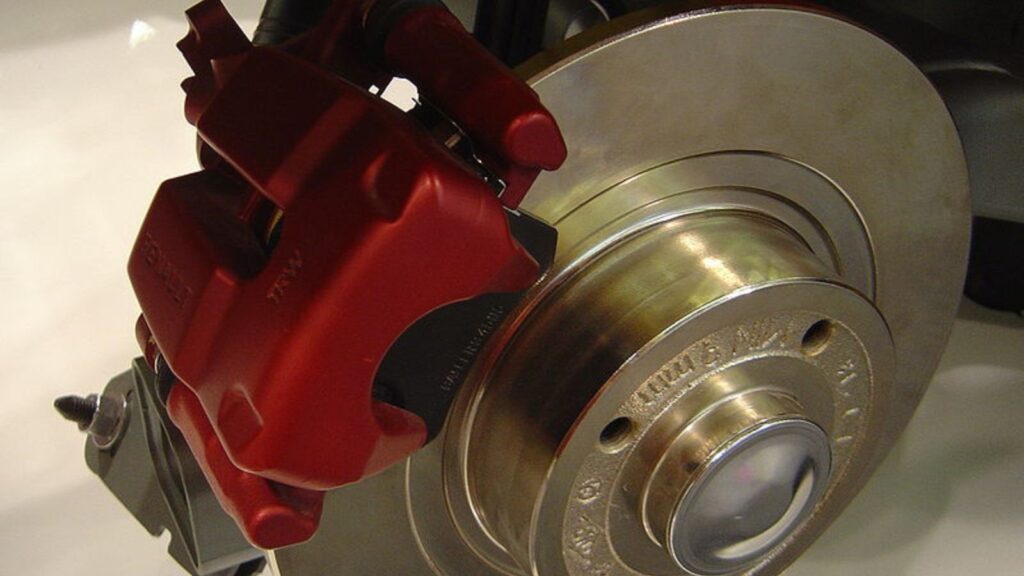
The brake pads on a car are essential for the vehicle’s long-term health. As soon as people start feeling a lot of resistance, they should be replaced, with 65,000 miles being the maximum limit that could be considered.
Understand the Weather

Everyone knows the types of weather that can cause problems, with snow and ice being a big example. If the weather looks treacherous and a drive can be avoided, that would be the best decision. It ensures that no mistakes are made on the road and protects the car from potential damage.
Do at Least One Long Drive Per Month

Many people might think that long drives could hurt a car, but they’re exactly what it needs. A vehicle should be taken for a lengthy journey at least once a month, as it burns off contaminants that have filled the oil and stop any condensation in the engine, which helps the car’s overall health.
Don’t Drive Aggressively

While people need to look after the car’s maintenance, the driver also has a lot of responsibility regarding how long a car will last. Being a good driver will make a huge difference, and aggressive driving should be avoided at all costs. It adds wear to the tires and pushes the suspensions, while the excess braking that aggressive driving requires will also harm the vehicle.
Listen to the Car

Once someone has been behind the wheel of a specific car for a while, they’ll start to understand how it operates. Knowing when things sound wrong can be a key benefit for any driver because it allows them to jump ahead of the issue and try to solve it before it’s too late.
Preventive Maintenance
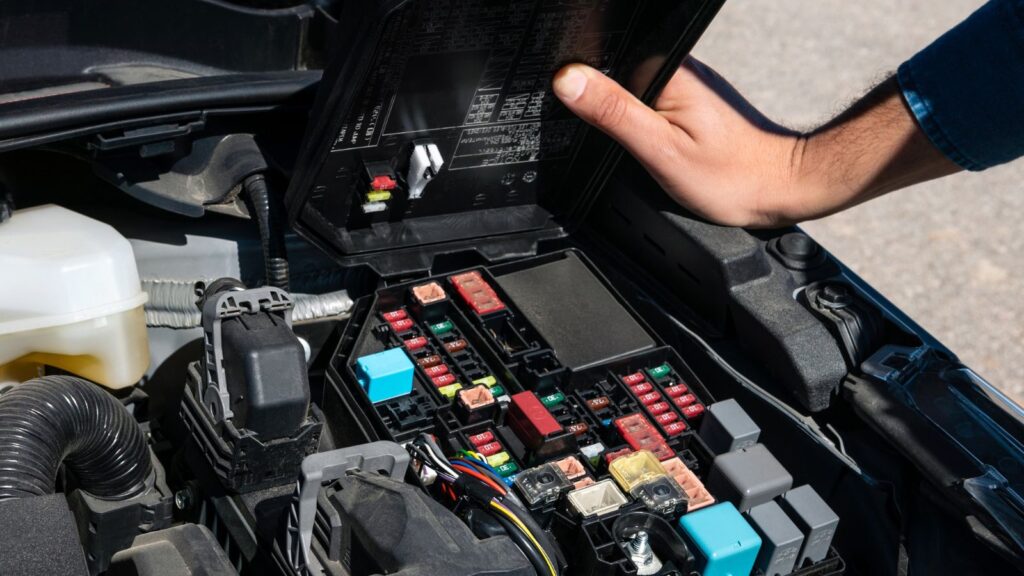
Often, people only consider maintenance decisions for their cars when something is broken and actively needs fixing. But by the time a vehicle reaches that point, the problems may have already caused long-term damage or issues in other areas. That’s why doing preventative maintenance ahead of time can be the best course of action.
Pay for Quality

When it comes to buying a car, many people might look to take shortcuts and buy cheaper options. That can save someone money in the short term, but if they want to avoid the high cost of buying a new car, paying for quality parts will ensure it runs longer.
Regular Battery Checks
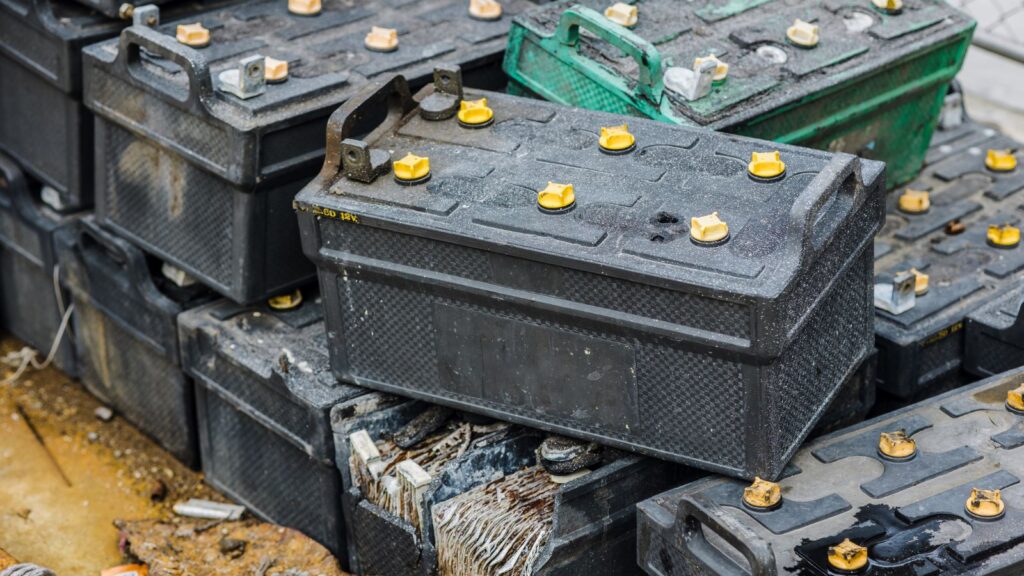
Too often, people only focus on their car’s battery when it’s completely dead. That’s problematic because once it reaches that stage, it often needs a change. Regularly checking and cleaning the battery will help it last longer, pushing the vehicle closer to 200,000 miles.
Park in the Shade
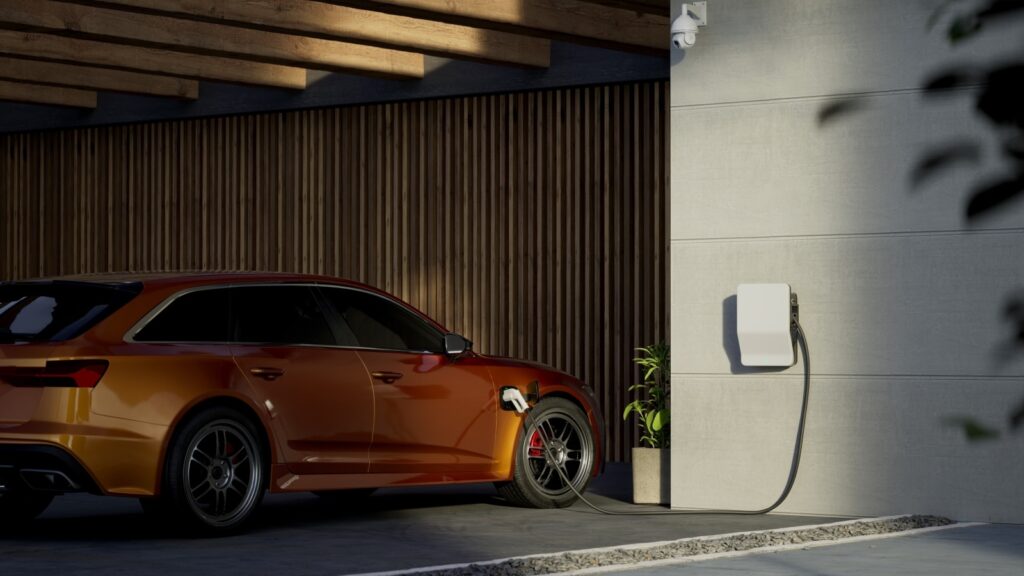
When people leave their cars out in the sunlight, very few think about the long-term impact. However, exposure to extreme sun can damage the vehicle’s exterior and interior over time, which is why it’s best to park in the shade when possible.
Avoid Excessive Speeds

Any car that has to be pushed to its limits regularly in terms of speed will struggle to hit 200,000 miles. That’s down to the pressure on the engine, which will work at its maximum throughout that. While it’s expected that high speeds will be needed at points, doing it with regularity can be an issue.
Clean the Air Flow Filter
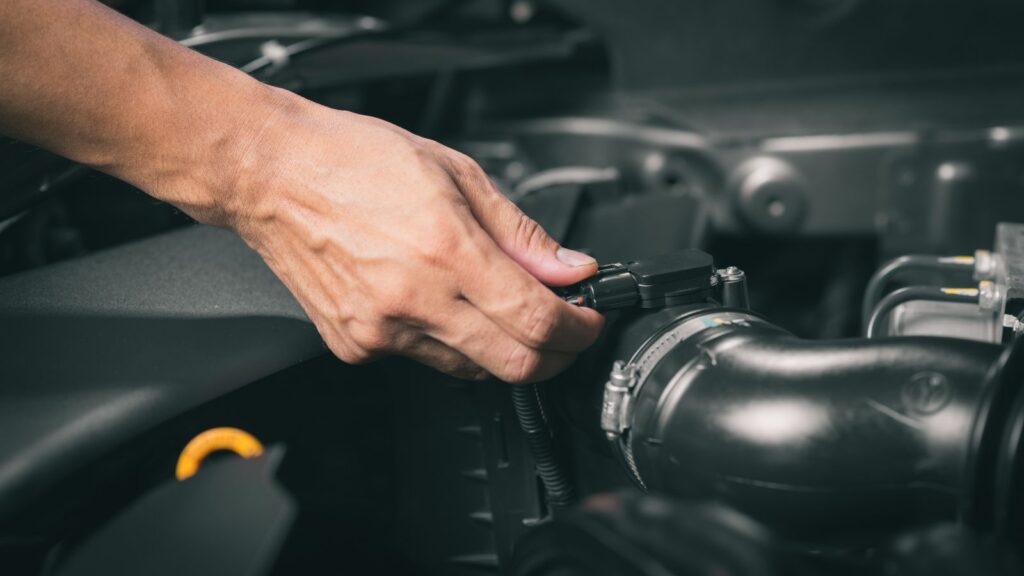
The longer a car has been on the road, the more air it consumes, which can cause problems with airflow. Sensors might become dirty, which stops accurate readings from taking place. Clogging the filter can lead to higher fuel consumption, impacting the engine, so they need cleaning out regularly.
Replace the Tires Regularly
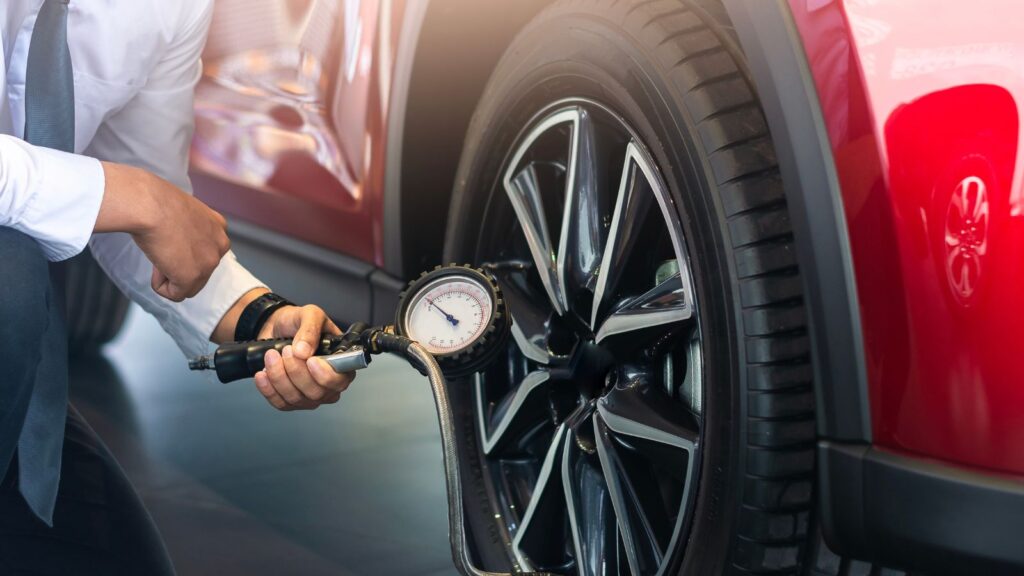
Tires are a common source of problems when it comes to car reliability. Damage to them can pressure various other areas of the vehicle and stop its economic aspect as well. Replacing them regularly will allow the car to last longer, which benefits the owner.
Pay or Roadside Assistance
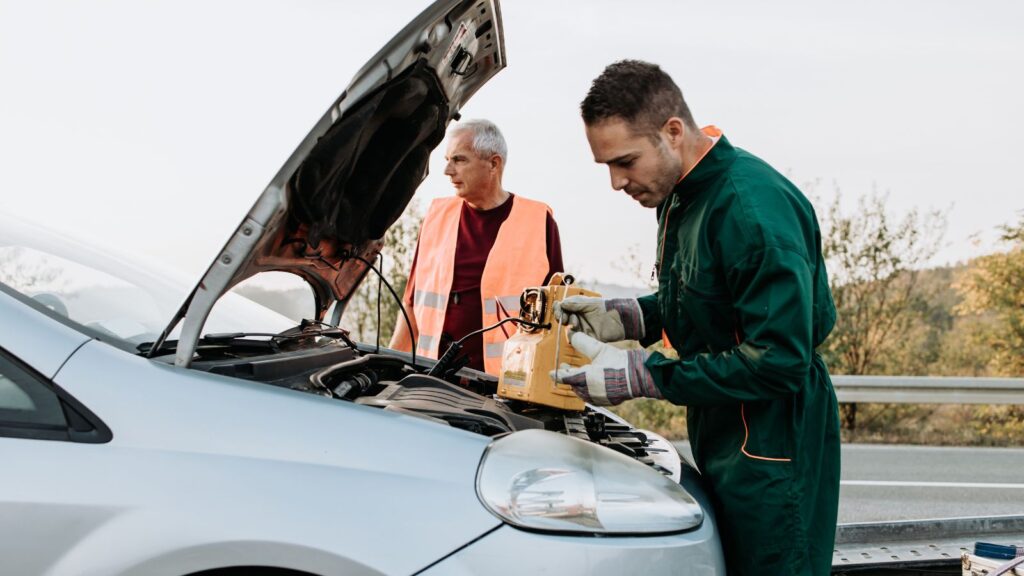
Nothing is worse than a car having problems while on the road. However, further issues can arise when people don’t have roadside assistance and then attempt to drive the vehicle to the nearest mechanic. Roadside assistance might never get used, but in an emergency, being able to tow the car away could be the ideal situation.
Get a Good Mechanic
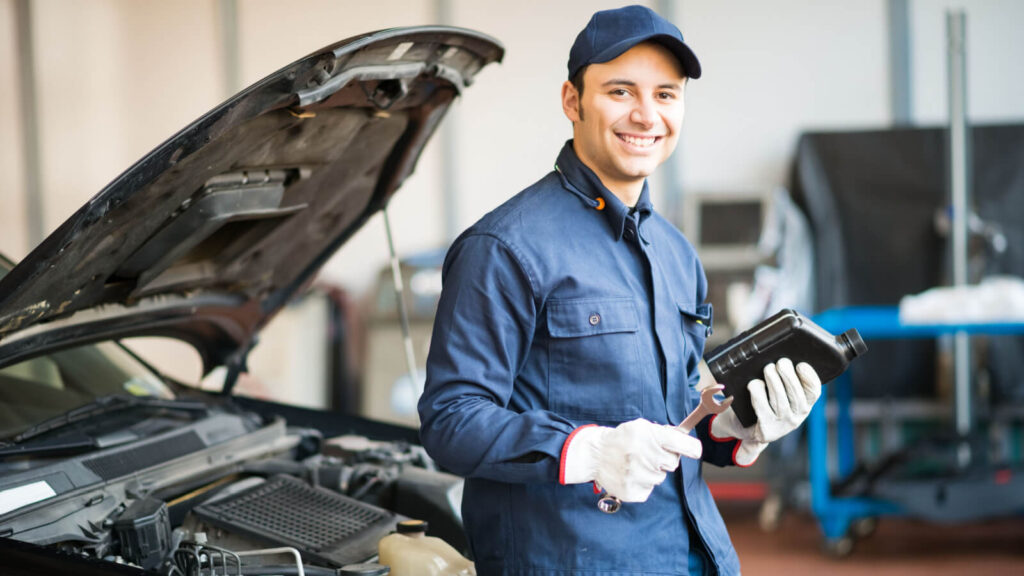
Ultimately, if any car reaches 200,000 miles, it will need some work done to it along the way. This is where a good mechanic will come in handy because having someone trustworthy who can do the job effectively is essential to keeping the car ticking over.
Keep It Clean
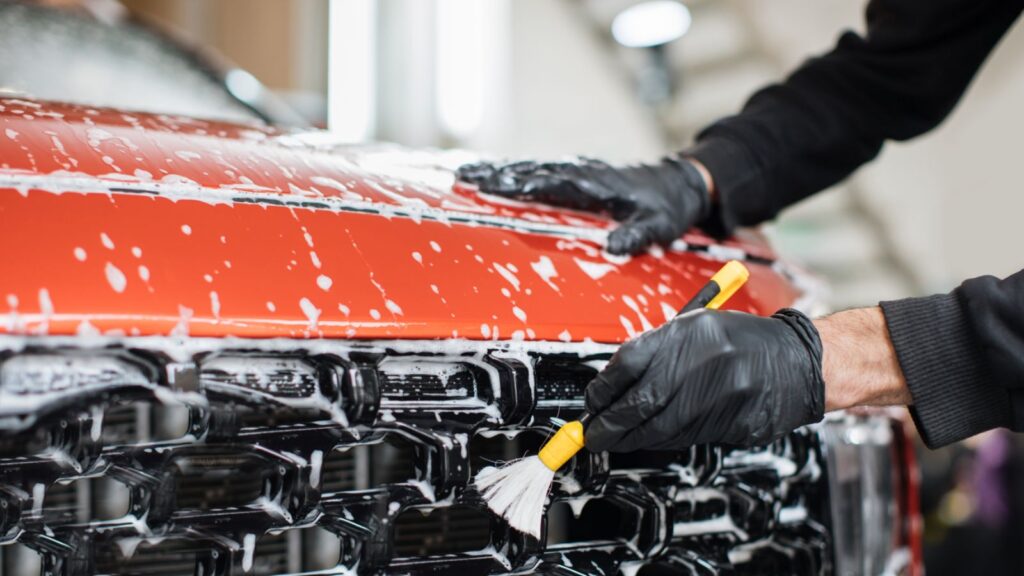
Many people just focus on the mechanics of the car when it comes to keeping it running for a long time, but cleanliness is crucial, too. Not only will cleaning the car help it look fresh and new, but it will also protect the interior from wear and tear while washing the exterior will aid in the fight against rust.
19 Grim Realities of Dating After 50 That Are Often Overlooked

19 Grim Realities of Dating After 50 That Are Often Overlooked
26 Things That Will Be Extinct Because Millennials Refuse to Buy Them

26 Things That Will Be Extinct Because Millennials Refuse to Buy Them
24 Outdated Slang Terms You Absolutely Shouldn’t Be Using Anymore

24 Outdated Slang Terms You Absolutely Shouldn’t Be Using Anymore
25 Hardest Parts About Getting Older That No One Ever Talks About

25 Hardest Parts About Getting Older That No One Ever Talks About





